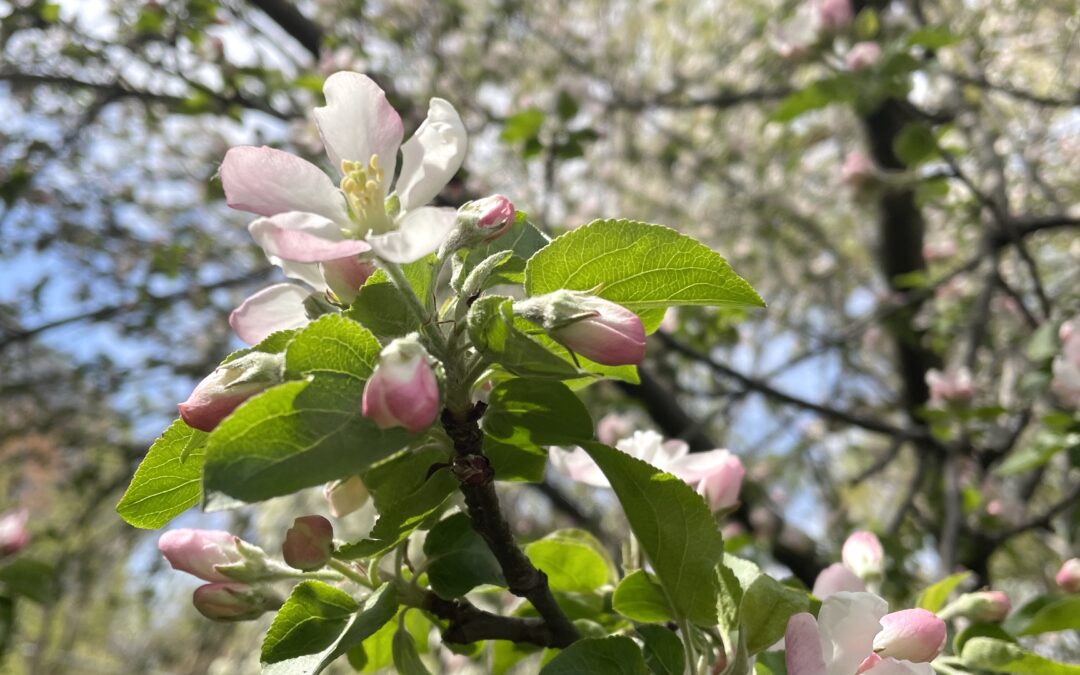Our apple trees are in full beautiful bloom, and I thought that today we can look into the meaning of things, the essence of things, the purpose of things – as we lift the veils for a deeper understanding of the seven virtues. While many people may associate them with strict religious and moral principles, the seven virtues are essentially a devotional pathway of living a life in love. The way I would describe them in my teachings is that they are found upon the beautiful three aspects of love:
clarity of mind, purity of heart and sincerity in action.
What these three mean is to live and love more consciously, and with intention, and to stay true to your heart. Self honesty is the path towards spiritual growth, and when we are honest with ourselves and others why we do the things we do, our life flows more naturally, and we lead a life of more fulfillment.
People often misunderstand the virtues, assuming that chastity is about celibacy, etc. and so they miss an opportunity for growth because they only stop at the surface of a word, and prejudice and biases stop us from expanding our understanding.
To understand anything in life we must first understand its origins and the context within which it was created. Originally, the seven virtues were created to counteract the seven sins. So basically each sin has a virtue that it could also be its healing remedy. Humility for pride, kindness for envy, temperance for gluttony, chastity for lust, patience for anger, charity for greed, and diligence for sloth.
But what does sin really mean?
Sin comes from the ancient Greek word ἁμαρτία meaning “to miss the mark” as in aiming for a vision or target and falling short. Somehow, somewhere along the way, visions get foggy or waver and paths get shifted, and we do not respond to the real internal need.
Sometimes it is because we didn’t have the tools needed, whether tools internal or external; sometimes it is because we didn’t have the awareness, understanding or maturity, or we simply didn’t pay attention to what we needed to. For whatever reason, we missed the mark. Perhaps the mark was love and emotional connection, but we fell into lust. Perhaps the mark was fairness, but we fell into greed. Perhaps the mark was courage, but we fell into anger or pride.
Sin isn’t something to be viewed as punishment or be ashamed of nor is it something to drown yourself in guilt for, we are all human, we all miss the marks sometimes, and we are here to learn and grow in our unique ways and paths and timings. So you can view sin as fire for inner transformation, as a fire that can bring out the beauty of the matter. You can use fire to burn the house and yourself, or you can use fire to cleanse, purify, nourish you with cooking and warm you and your home.
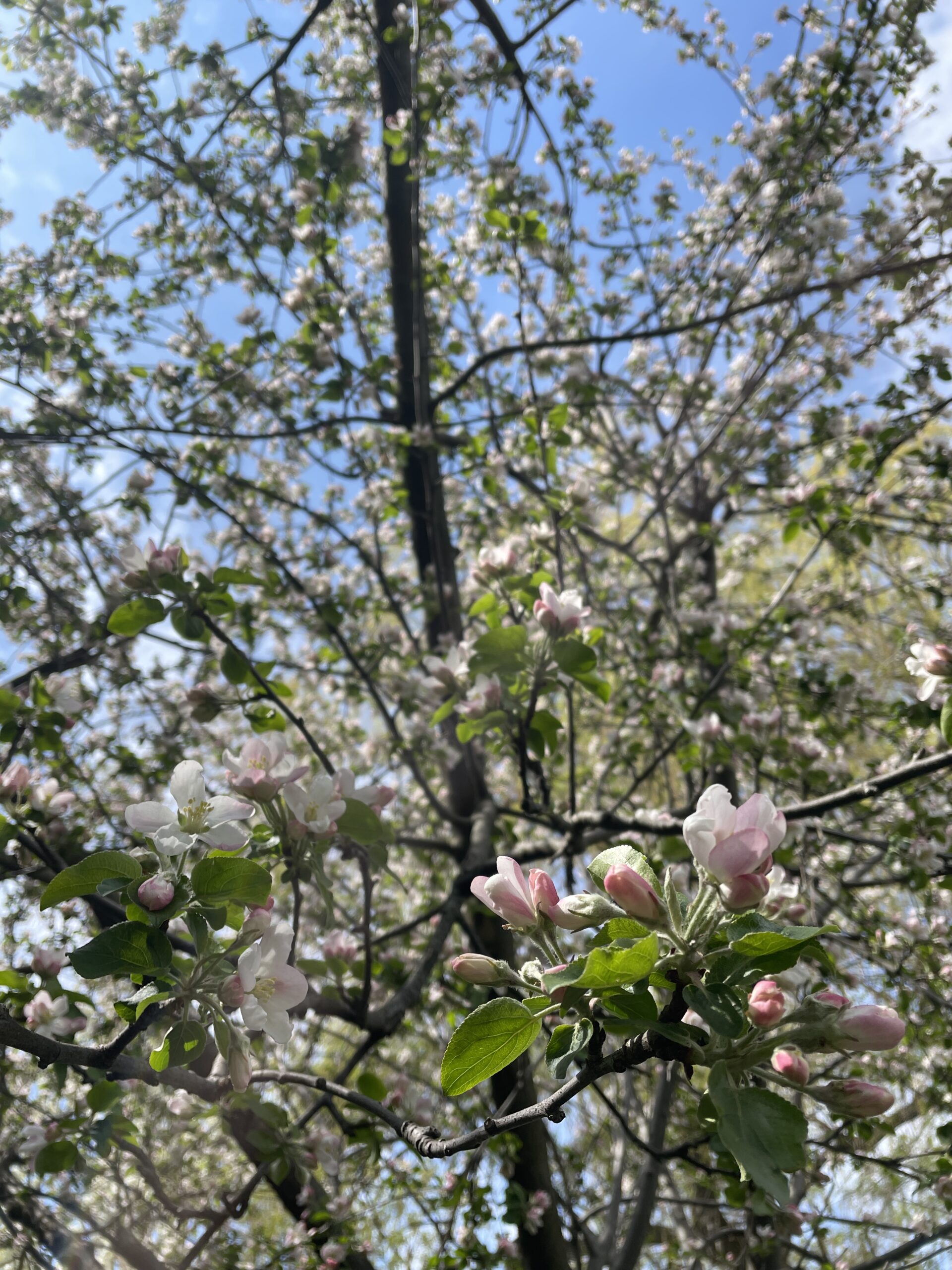
In the Christian Orthodox monasteries, monks spend part of their day in what is called obedience, which is essentially doing service to take care of the tasks of the monastery and the land etc. And these tasks are purposeful and unique to each monk depending on their own spiritual path.
If a monk is struggling with pride in their life, they are usually encouraged to clean the toilets. If a monk struggles with gluttony, they may work most days in the kitchen yet not be allowed to eat or taste while cooking. These tasks are meant to align them in deeper inner harmony and inspire self autonomy.
In our every day, we can all almost awaken our inner monk and learn things about ourselves from the opportunities that life presents us. For example, if you are stuck in traffic, perhaps you can learn about being more patient and less judgmental, and just be more self aware.
Sins aren’t things you’ll “go to hell” for and we all indulge in a bit too much chocolate sometimes, but emotions and states of mind such as anger, envy, pride, greed etc. are essentially things that will eventually be to your detriment.
They show an inner being of some extremity and inner imbalance of energy and emotion, and like all else in life it needs to be balanced – because otherwise it will lead to depletion of energy, weakening of aura and protection barrier making you more susceptible to external influence, your vitality decreases, your state of mind decreases and eventually, unfortunately, physical symptoms may begin to manifest also.
And in order to get ourselves in balance and harmony again, so that we renew our energy and lead a healthier and more fulfilling life, we need to shift our eyes and focus towards a higher star, a Norther star, something of high values and vibration that we can align to. That thing is love. Essentially, all virtues are aspects of love – because love comes in various shapes and forms, and has different speeds and movements. Love is grace, laughter, kindness, humility, generosity, tenderness, compassion, forgiveness, patience and gratitude.
Now let’s dive into the deeper meaning of each virtue and how you can apply it in your every day life to come into greater inner harmony and live a life in love.
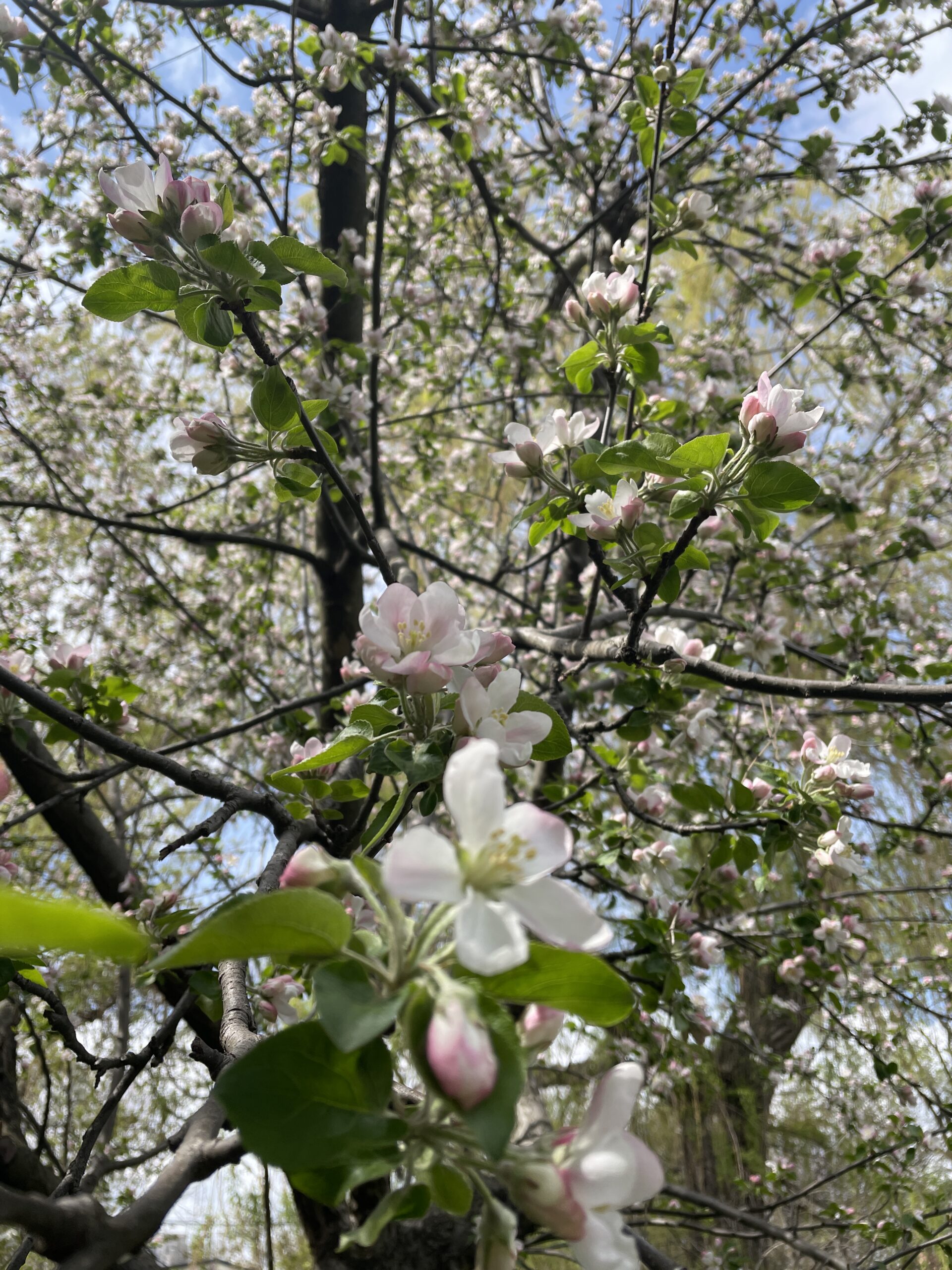
Chastity
What most people think about when they hear the word chastity is celibacy. It is true that sex-fasting, just like food-fasting, can lead to spiritual growth; and once you learn how to harness the sexual energy, it will be channeled into creativity and lead to greater vitality feeding your life force energy. But celibacy is a choice, and as you know, in Christian Orthodoxy priests are allowed to marry and most of them do happily so. Of course for others such as monks, celibacy is what aligns to their unique path. For all of us, you should do what aligns to your own path, values and inner truth. Some people can be celibate for years, and then get married or meet the right one, so these choices aren’t necessarily permanent, they change along our path.
But the essence of this word goes much more beyond that – and it is actually purity. And the essence of purity is truth – and truth is based on your true heart’s intention, and it is based on love. So we come back to our three: clarity of mind, purity of heart and sincerity in action.
What you choose to do in your intimate life and how many partners you choose to share yourself with, that’s up to you – but – you need to approach this from a space of self-honesty. Only then you’ll be able to respond to the real internal need within you and live a more fulfilled life.
Lust is the thing that sits on the other side of chastity – and what is lust? Often times lust arises from a space of emptiness, sadness and loneliness, whether physical or emotional or spiritual. So to soothe ourselves we seek immediate pleasure or instant gratification – because it makes us feel good. But this good feeling is only temporary and it then sinks us even further into emptiness – because the real internal need isn’t sex, or things or food or possessions – it is connection.
What we are seeking is essentially love and an emotional connection, and we can’t get there through a temporary flame. We are seeking something deeper. Lust says “I want you now, and for myself, and to fill within myself a specific need”. Love says “I love you as you are, as we be, and am grateful for our moment, for the simple perfection of just knowing you.” Love doesn’t go away after we’ve had someone. Love doesn’t seek substitutes for our new demands to fulfill pleasures within us that we cannot fill ourselves.
What chastity thus inspires us to do is live a life of authenticity, and self autonomy, so that when we do choose to be with the one of our heart, it comes from truth and love, rather than need and expectation.
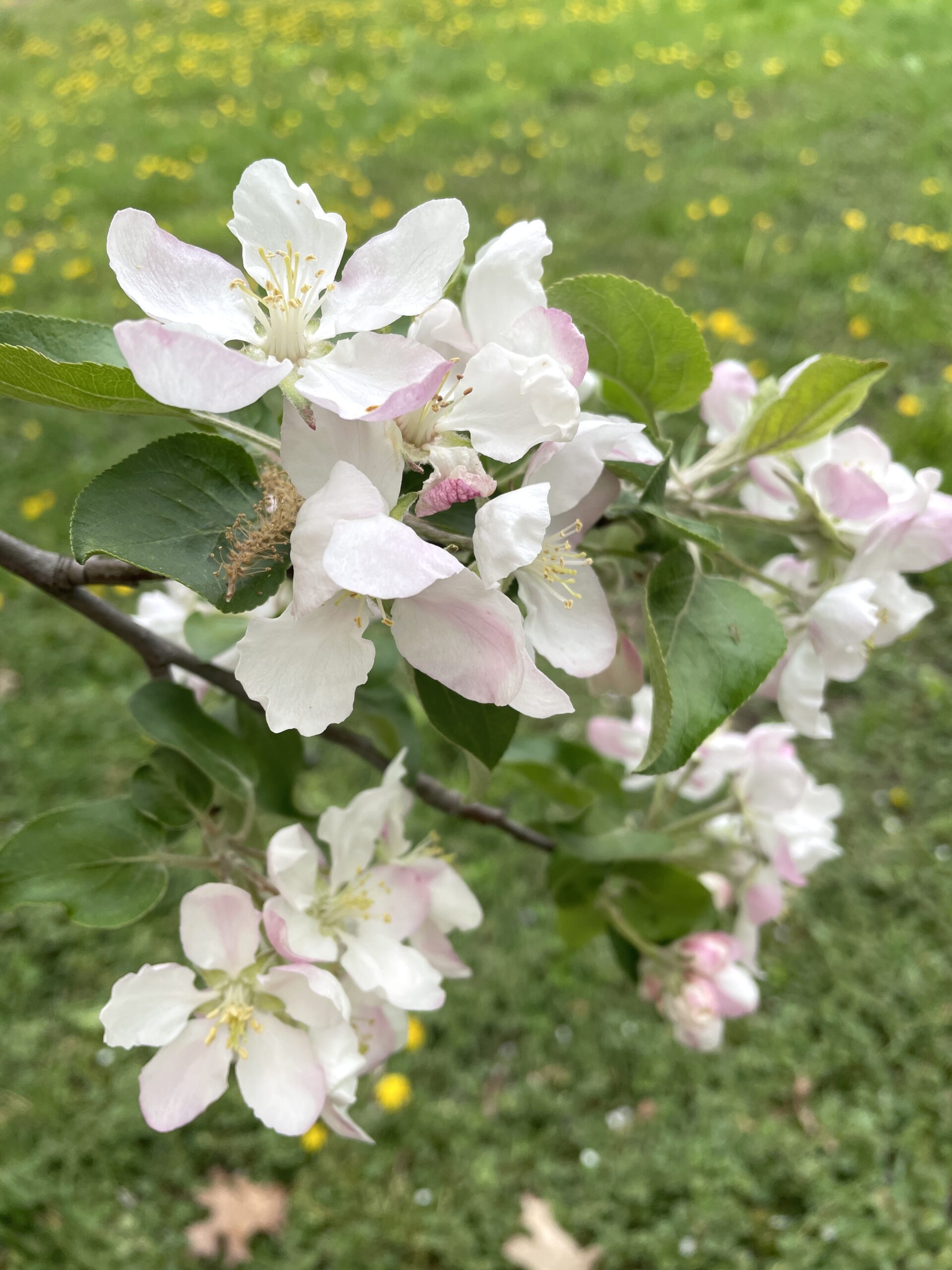
Humility
Humility is one of our greatest virtues, as it essentially removes all obstacles to love and faith – it becomes our bridge to love.
We live in a world where the focus often is on do, do, do and know, know, know. In our rushing, fast paced, distracted and busy driven culture, we are obsessed with gaining information and then are quick to share it – but we often miss the essence and the wisdom. We gain knowledge from memes, watch a few Youtube videos, and suddenly we crown ourselves as gurus and specialists. That’s not what true wisdom is. In fact, the more you truly learn the more you’ll understand you’ll never know it all – because we are human beings limited in understanding and conditioned to our human minds and perceptions.
We were never meant to know it all anyway. The humility of this deserves to be treasured. When we leave space for the mysteries of life, that’s when God breathes, and we do too; and that’s when life can surprise us in wonderful ways.
There are certain things we’ll never ever know – both in text and in life. There are even parts of ourselves within, wild and unknown, and in our lovers, that we’ll never know. No matter how many years we’ve lived together under the same roof, we’ll never know the entirety of another person – and when we approach each other with this humility, with this openness and willingness to learn and re-learn and re-explore one another and our inner worlds, we’ll live in more harmony, deeper intimacy and loving understanding.
What is humility anyway?
The term humility comes from the Latin word humilitas, a noun related to the adjective humilis, which may be translated as “humble”, but also as “grounded”, “from the earth”, or “low”, since it derives in turns from humus (earth).
This shows us that humility is actually a path towards groundedness and a sense of proportion – which puts us in reverence, and in approaching life through the eyes of the beginner’s mind i.e. through openness to learn from one another and connect on a deeper level.
Humility becomes the doorways towards love, towards our willingness to learn and grow, towards genuineness, and towards reverence. When we are proud and inflexible, we are closed off to truly love and to be loved.
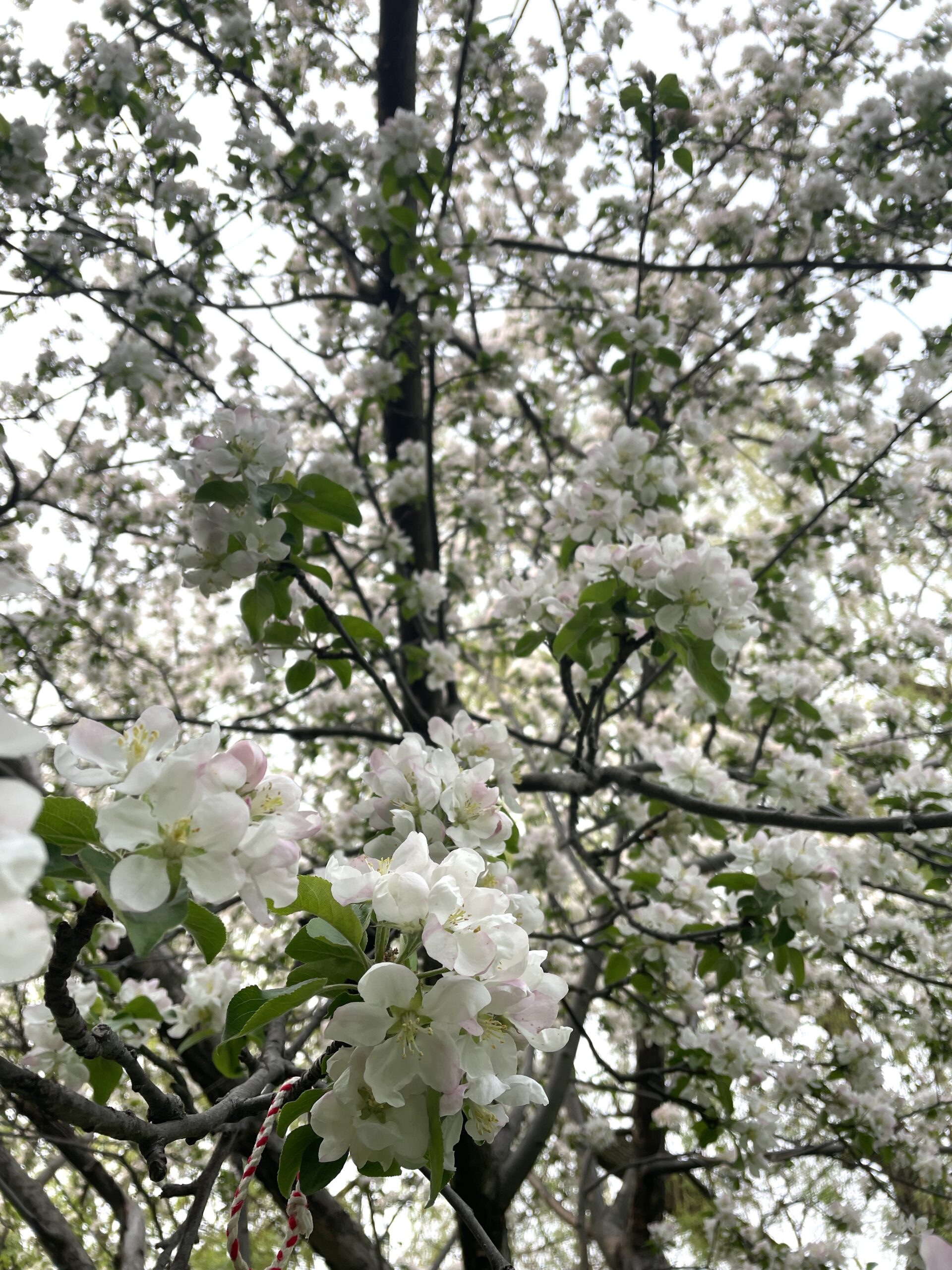
Kindness
Kindness is certainly underrated in our modern day. There isn’t much to explain about kindness, because it is exactly what you might it is. Surely not all people can be empathic, surely not all people choose to be compassionate, but we can all choose to be kind.
I’ve seen so much rudeness and meanness, and I wonder if that’s because people have just become too detached from humanness. When we stand in front of screens, perhaps we forget that there is a real person on the other end.
But kindness should never be forgotten because when we forget kindness we essentially forget humanness. When even art and culture seem to disempower us, rather than inspire us, when we begin to dehumanize ourselves and turn into almost robots or algorithms, having self-worth based on likes and followers – we forget our humanness.
It doesn’t cost anything to be kind, and when you have nothing kind to say, perhaps just don’t say anything at all because it doesn’t contribute at all.
I’ve seen so many people sitting on global stages and preaching about humanity and helping the environment etc. and then turn around to the very person beside them and treat them with disrespect. How we act, and how we talk when no one is watching, shapes who we are. It’s a choice. And we make choices each day – about the kind of person we want to be.
True kindness reveals itself when we are in moments of confusion and despair. And through love we can shape it with words, and words matter. They are not mere letters on a paper, they have great potentials to change emotions, perspectives, so we must be mindful and infuse our words with love and compassion. The beauty of compassion is that it will always inexhaustibly continue to shelter and save our world, ourselves and each other.
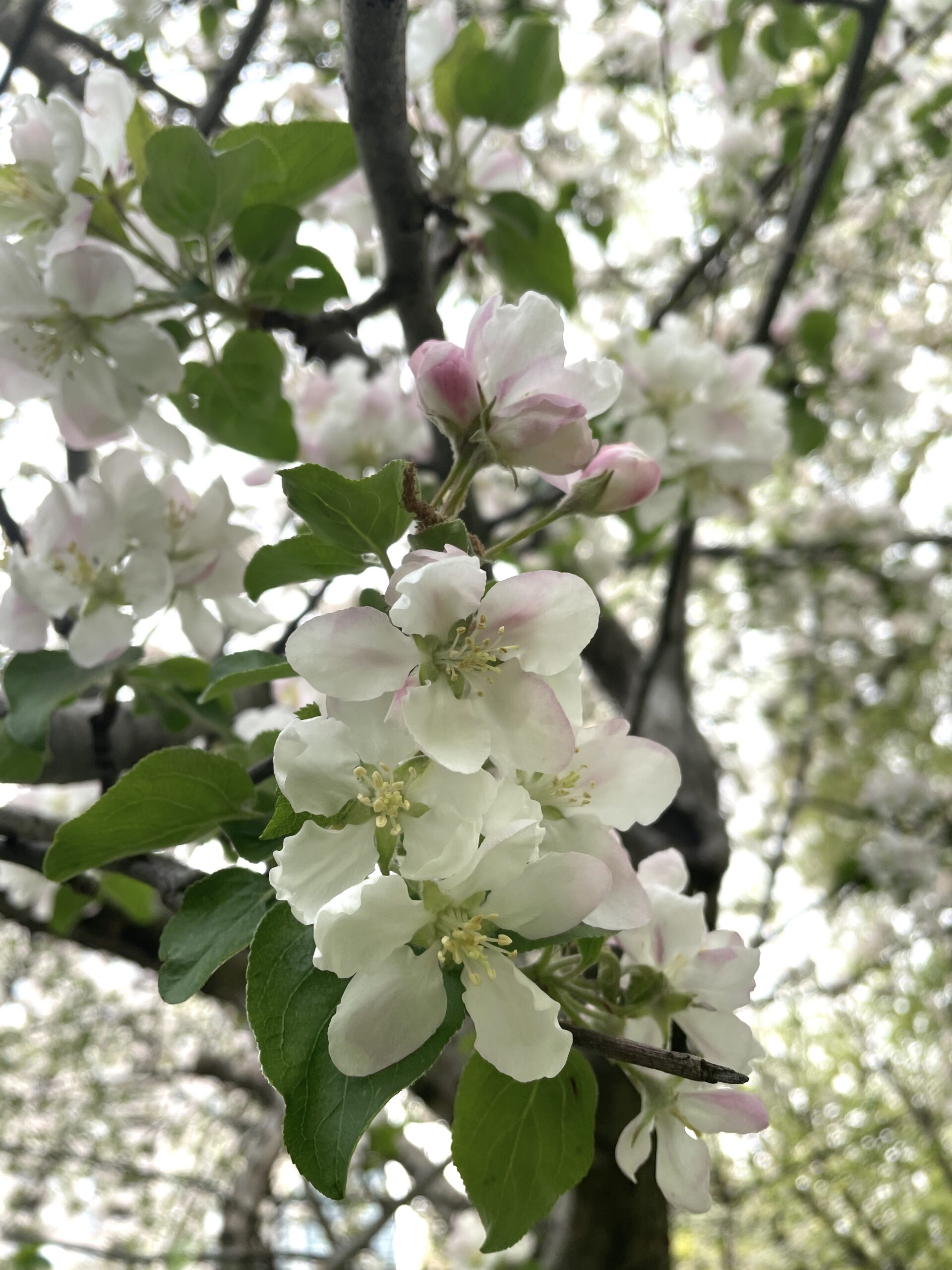
Temperance
Absolutism causes nuances and beautiful complexities to sink into the water like stones. And we miss opportunities for love and meaningful growth. We lose kindness also.
Temperance is a quiet creature – a virtue, moving like a mystical dancer, with elegance and with ease. But beyond her tender steps and gesture is a hard work indeed: the ability to allow the water flow, while feeling the ground beneath her unshakeable. It’s a skill and a discipline, to be able for all of us to maintain a kind of balance in life, and keep walking the middle path.
When we see life as extremes, we ultimately rob ourselves of kindness, meaning and depth. We deny the multi-layered aspect of human beings.
Temperance might seem like an outdated virtue but it isn’t – in fact, it is a needed one to feel happiness in our life. It rests on the ability and devotion to learn to listen, understand, and appreciate the great value in the ordinary of life.
It encourages us to explore the unknown, the opposing, the seemingly conflicting – and there, something new arises, of togetherness, depth and meaning.
The quiet message of temperance is that perhaps we’ve had some something keeping us away from ourselves and from another; and these aren’t meant to be walls, but rather meeting places, where we can touch again.
Temperance is an invitation of love, to meet in the middle, where two worlds can touch, and kiss.
In this way, temperance becomes a gifted listener also. The gifted listener is often times an underappreciated talent of humanity. There are many secret feelings that exist beyond the surface of things, beyond what we hear and see, and it is our essence that joins them. The art of listening is actually a reflective craft, just like poetry. We need to stop and think, and be fully present also – and yet isn’t passive; listening is an active practice, immediate and continuous in its state of becoming. Listening is a talent and a gift, and yet like any talent it needs to be developed as a skill. Its treasures however are immense.
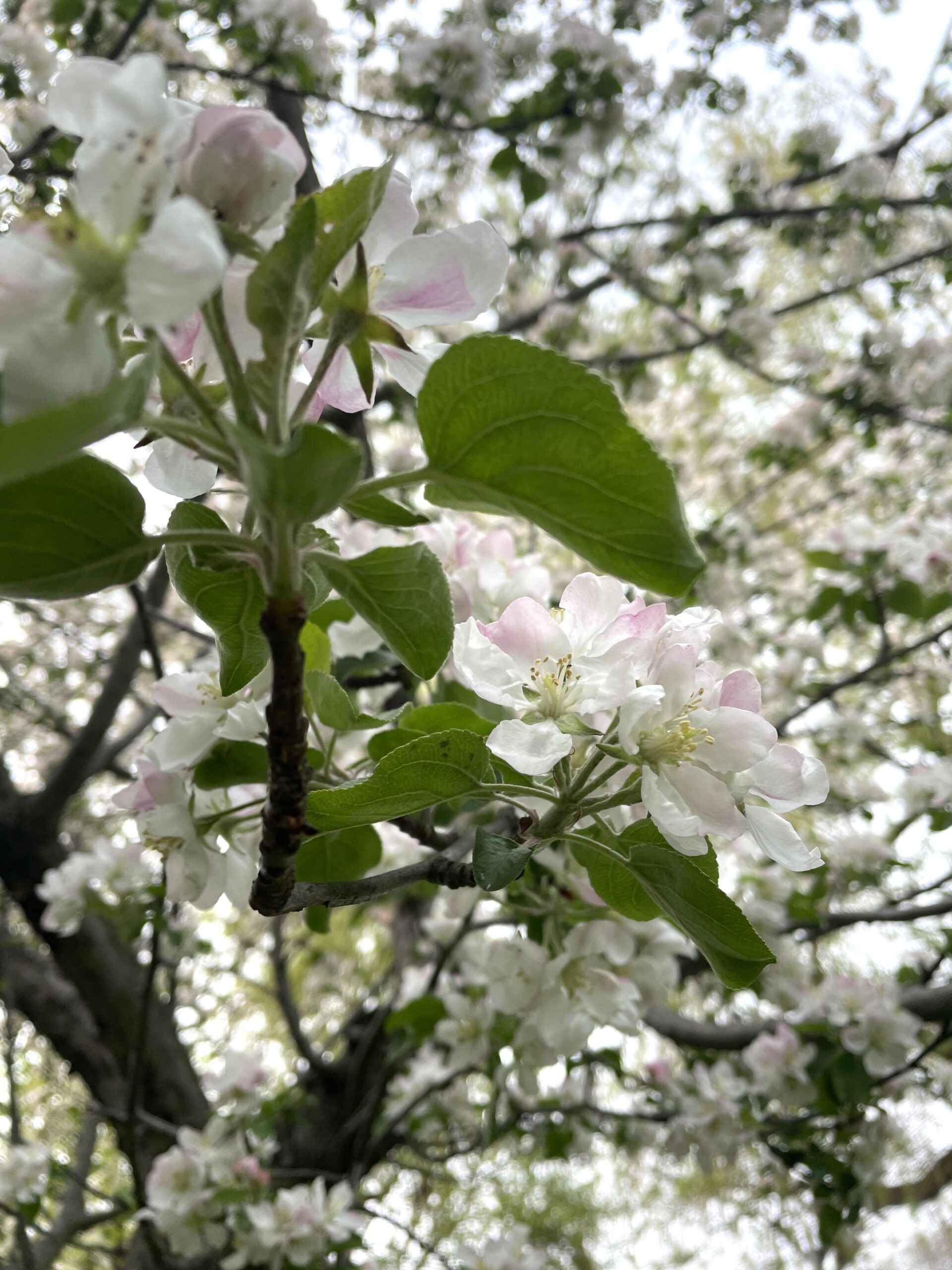
Charity
To counteract greed, or avarice, the traditional virtue was known as liberality. Liberality can be seen as the quality of giving freely and without prejudice, and about being open to new ideas free from prejudice – and essentially, it is about giving and receiving i.e. engaging in an active and generous way with life and love itself. Love rests upon sharing, and sharing is what build a bridge to another person and deepens the connection to all and to everything. It is also connected to reciprocity, or the spiritual law of equivalent exchange of energy.
Greed does not have to be financial. We all have moments of greed when we want or desire more than what is enough. To transform greed, we need to consider how we might be stretching ourselves out of what we truly desired and what we already have. Ultimately, we need to build appreciation and reflect on reciprocity. When we are being more charitable towards others, we shift our focus towards giving – rather than taking. I sometimes describe greed as a state of chronic dissatisfaction.
Greed usually has roots in the belief system that “you don’t have enough” and that at some point in your life, your emotional needs just weren’t met. So even when you do have enough in adulthood – you just continue to perceive that you don’t, you take more than you need, you give little or nothing of yourself to others, and you always pursue more and more and more. The remedy: look within yourself where you have that lack mentality, where the roots of it are, heal your emotional wounds, and remember that you are enough; that giving someone affection does not mean you’ll have less left, even if they don’t reciprocate. Money is never about money, and usually people who are a bit more stringent with giving freely or with being stringent with their money are those who are not as emotionally open and expressive in love also.
Sometimes we might feel a temporary burst of greediness, like going on a sudden shopping spree. This can be an indication that our boundaries have been crossed recently by someone, even though we’ve been very generous and giving towards them – or that we’ve been robbed of something that was ours – and that’s why we feel the need to take more than we need. What is important to understand though is that what’s ours will always be ours and nothing can empty us of our essence and love, and to focus more on establishing stronger boundaries towards others, especially those who don’t appreciate our generosity.
In spirituality, the concept of interdependence, which is incredibly important, is known as equivalent exchange of energy. This is why spiritual services are paid for, and why it is customary for people to donate some money when they enter a church or a temple. Through this exchange, whether financial, emotional or otherwise, we build a bridge to spirit, which strengthens the flow of its energy towards us. Otherwise, it is said that nothing will actually enter into the consciousness of the receiver. People who continuously read spiritual material without donating to the teachers or authors, essentially limit their own growth because nothing none of the wisdoms actually remain in their auric field. People who constantly take from others, and never give back, eventually come to a state of stagnation until life begins to take from them. This also leads to what is called “spiritual poverty”, which affects well-being.
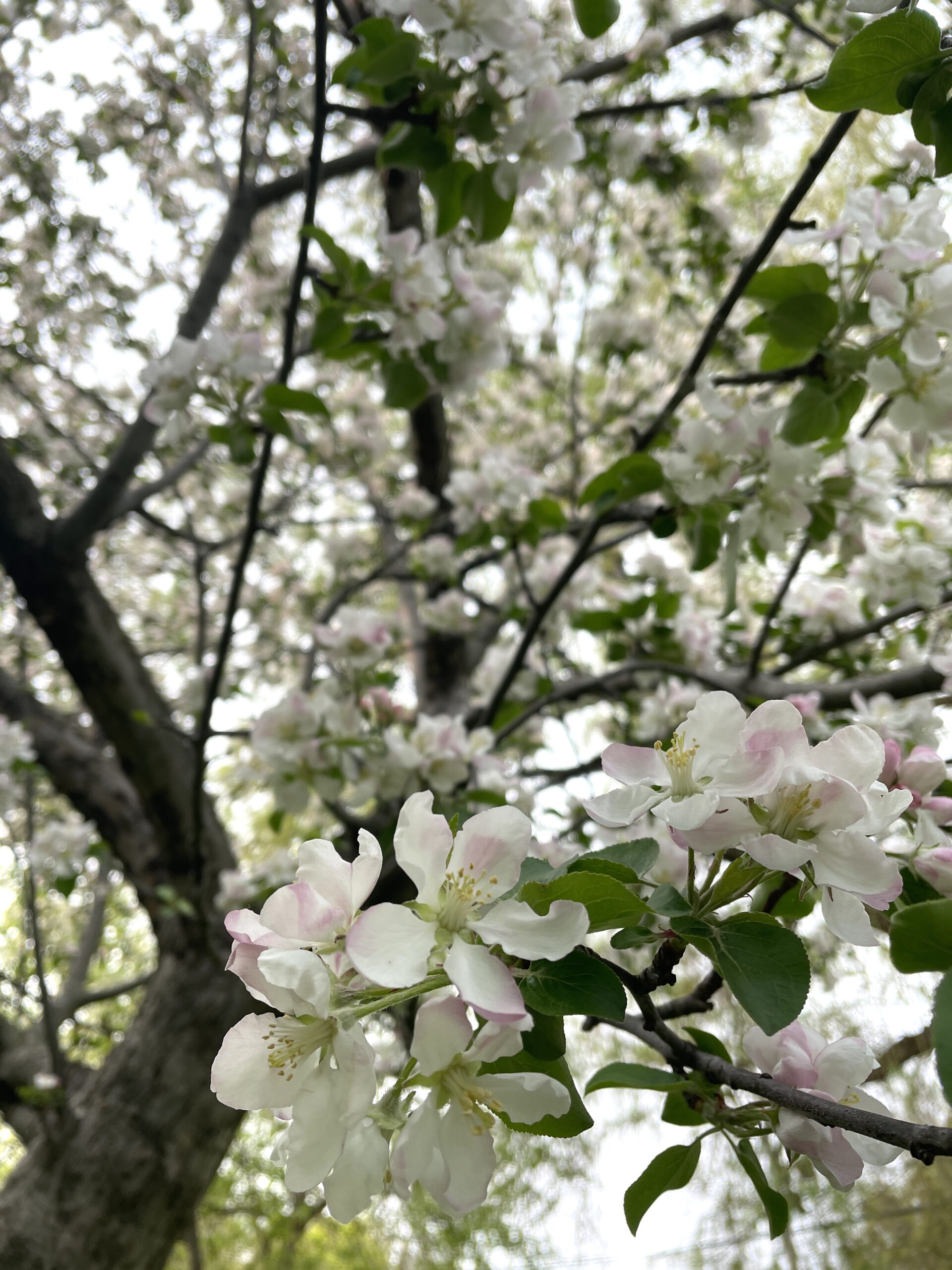
Patience
Patience opens the soul of matter. Patience is the mark of truest love. Patience deepens love over time.
When we open to patience like a flower, we enter the soul of matter. We marry the little strings, and together they tie and they bond, and show us how everything is connected and imbued with spirit. Soul-sized is the land of our heart, and that’s the land that matters.
And if we can truly trust it, trust the voice of our heart, trust our soul, then we will inevitably be guided along the invisible maps and geographies towards our destiny; with a kindness of rhythm in our small, perhaps sometimes even seemingly insignificant steps, that might just be our greatest blessings across the twists and curves of our life’s paths.
As we allow life to move through us, and mold us into what we were always meant to be, along our unique emotional wildlands, is what will one day shape and become the stories we were meant to tell.
Essentially, patience is about trust. How much do we trust life and God – that it will find a way to give us what we need and support us through the hands of people we’ll meet along the way? How much do we trust ourselves – that we have what we need within to take us a step further?
Patience is a devotion to resilience, and a courage to stay gentle. Patience isn’t inaction, rather it is a timing and recognition of the right time. Good rain is one that falls in the right time, nourishing and breathing life into the soil. Sometimes things can be overwatered, hurried, and no rose will grow in her sweetest scent.
In a way, patience is also about reverence. In the words of John O’Donohue: When we approach life with reverence, great things decide to approach us. Our real life comes to the surface and its light awakens the concealed beauty in things. When we walk on the earth with reverence, beauty will decide to trust us. The rushed heart and arrogant mind lack the gentleness and patience to enter that embrace.
Often times we approach life with greed and urgency, addicted to instant gratification. But that’s not how life works, that’s not how love is. Love unfolds its holiness through the years, through the moments, allow it to, and recognize the beauty it is blessing you with. And when we practice patience towards our partner, we are essentially showing them true love, appreciation and respect. Open to patience like a flower, and enter the soul of matter. Because soul-sized is the land of our heart, and that’s the land that truly matters.
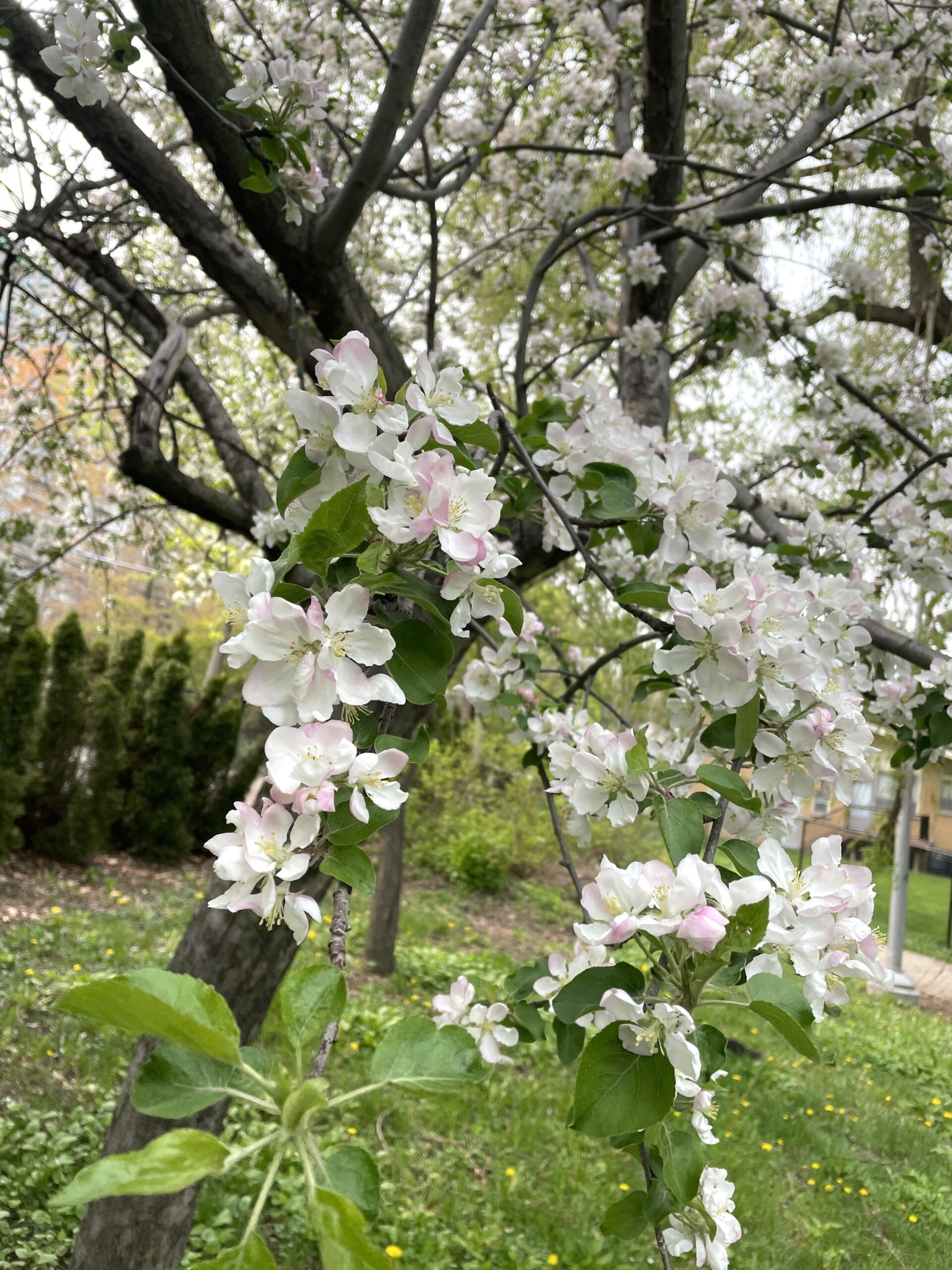
Diligence
Diligence is the virtue that counteracts sloth. And what is sloth? It is perhaps a loss of hope – a belief that what we do doesn’t matter because it isn’t appreciated by others no matter how much heart and work and effort we’ve poured into it. To walk a path of authenticity often means that we will not be particularly validated by the mainstream. Perhaps your values are not to be on social media, and not to succumb to writing clickbaits or sell yourself short – and yet what this means is that your growth will be limited.
The unfortunate truth is that our world has rarely if ever supported authenticity. We are told to be ourselves yet we all look the same and act the same – because if you don’t, you’ll be an outsider and outcast. Just browse through social media. All look and act the same, and we put ourselves into some categories to fit in. We’ve become Pink Floyd’s Another Brick in the Wall. There is a price to pay with authenticity, and it’s not a small one, but if you want to live a life of inner truth, aligned to your values, that’s the only path forward.
If your values are not to be on social media, or write clickbaits, or sell yourself to a publisher who will change your voice and commodify your vulnerability etc. – then that’s that. You’ll grow slower than others, you won’t have the quick success of others – but – you will build something long lasting and meaningful and solid, and the right people who walk a path similar to yours will find you.
Diligence essentially means consistency, dedication, perseverance and loyalty to inner values, while walking a patience and kindness of rhythm. Have trust in yourself, believe in yourself, and keep moving forward with clarity of mind, purity of heart and sincerity in action. You never know what small step might end up being your trampoline in life. It is easy to feel discouraged but I promise you, you make big impacts with your every day gestures – just by smile, a kind word, a supportive hand. What you do truly matters, and you leave little sparkles of love and hope and inspiration along the way, like fireflies, that people will find along their own unique ways.

For more of my writings, browse through my Art of Love.
If you value what I do, you can support me and my work of love by sharing my articles and poems, buy my books or donate some magic coins in my hat on Paypal. If you would like to work with me, visit my Sacred Offerings.
Your support means so much to me! Thank you wholeheartedly!

